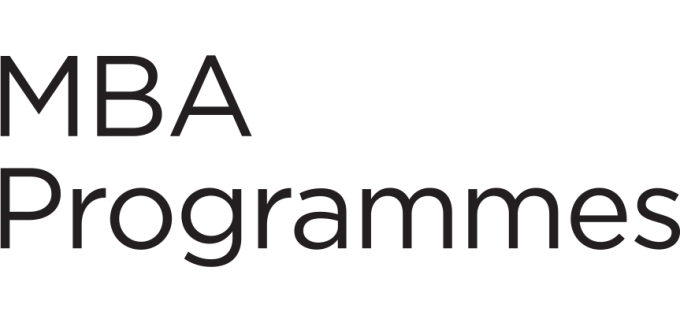Hometown:
My hometown is Lucknow, which is known as the city of Nawabs. It is the capital of the Indian state of Uttar Pradesh. Before coming to Hong Kong, I lived in New Delhi.
Most Recent School (Undergraduate/Masters/Doctoral Degree) and Major:
My most recent school was Shri Ram College of Commerce, which is part of Delhi University. It is one of the best institutes for commerce in India.
Pre-MBA Employer, Industry and Job Title/Function:
My pre-MBA employer was Kapoor Diesels, one of the largest transportation and logistics companies in Delhi and the surrounding region. I served as an assistant manager in the auditing and assurance function.
About Me:
Dynamic person balancing academics and achievements, passionate musician, devoted animal rescuer, and fitness enthusiast with diverse interests.
My Biggest Career Accomplishment:
I have two accomplishments to share.
First, in my most recent role at Kapoor Diesels, I became one of the youngest assistant managers in the company, standing out as there were no others my age—all my colleagues were older. I find it interesting that some still perceive me as young, yet I believe my age allows me to bring a fresh perspective. I don’t see my older colleagues as subordinates; instead, I view them as mentors and friends, as I believe we can always learn from those around us.
Second, during my time at Deloitte, I was given a spot award for being attentive to detail, which helped save considerable client hours and costs.
Aspiration for Pursuing an MBA:
While working as an accountant and auditor, I explored various opportunities in the job market. In interviews, I often found that employers focused primarily on my accounting and auditing experience, assuming I was limited to crunching numbers and reconciling accounts. However, I believed I had more to offer and wanted to convey that to potential employers.
To better showcase my skills and broaden my career options, I decided to pursue an MBA, aiming for a potential career switch into fields such as banking or impact investing.
Important Factors When Choosing an MBA Programme:
I don’t typically prioritise rankings when choosing an MBA programme, as they can sometimes fluctuate and may not reflect the actual picture. The most important factors for me were the course offerings and the support provided by the career services team in helping students achieve their goals.
Additionally, location was a significant consideration. I chose not to study in the U.S. or European countries because it can be quite costly and the job market conditions are not as favorable. I also recognise a gradual shift of economic power from the West towards Asian markets, which influenced my decision.
Why HKU MBA:
I applied to several programmes in different regions to explore my options, including institutions in the U.S., India, and Hong Kong. Ultimately, I narrowed my choices to Hong Kong because my grandparents are residents there, and I have visited frequently over the years. I’ve loved this place and decided to come back.
I chose HKU MBA primarily because of its location. HKU is at the heart of Hong Kong, making it very accessible.
Additionally, I spent a lot of time exploring the HKU MBA website and social media. I looked through the alumni sections and found that HKU is quite active on LinkedIn. Conversations with others made me realise that HKU MBA not only focuses on academic excellence but also places a strong emphasis on building a sense of belonging and community.
Having studied at one of the best colleges in the country, I experienced an environment where competitiveness often overshadowed genuine connections. Coming from a business education and work background, I believe an MBA is less about academic learning—since we’ve already done that—and more about how we present ourselves to others and develop our personal and professional identities and personalities. I prefer an environment that encourages genuine connections, where people support each other and thrive together.
Post-MBA Expectation:
I expect to stay in Hong Kong to find a job, preferably in the banking sector. Everyone has certain companies in mind that they would like to work for, and so do I.
Apart from that, I would like to try my luck with the “Young Professionals Program” at the World Bank Group. While it is also related to banking, it focuses more on society and impact investing.
Myths about Hong Kong and the School:
I’ve read some myths about Hong Kong on the internet. One common myth is that life in Hong Kong is very boring, and that people are unhappy and want to leave. I find this hard to believe because I’ve been here before, and I wonder if the quality of life has really gone down that much.
When I arrived, I explored my neighborhood in Causeway Bay. I observed people’s reactions and how much fun they were having, and I found that life is still vibrant. The portrayal of the situation can be quite negative, which might scare people away. But from what I saw, it’s still pretty good.
Another claim I’ve heard is that the economy is not doing well. However, this is a global issue affecting everywhere. People should recognise that Hong Kong is one of the few places that has friendly immigration arrangements for those who come here to study and work.
Advice for Prospective Candidates:
First, the application process can be daunting, and it’s normal to feel uncertain about your direction. You may question whether you’re good enough for a particular school at each and every step. However, you won’t know until you apply, and you shouldn’t stress too much about the interviews. They are not technical; the school just wants to understand who you are as a person, so be yourself.
It’s also important to discover what truly matters to you. I didn’t stress too much about rankings, as they can fluctuate. Instead, I suggest focusing on carving your own path.











